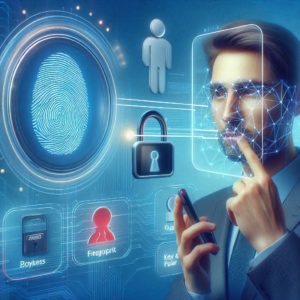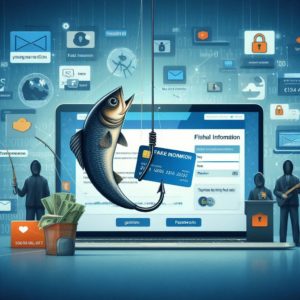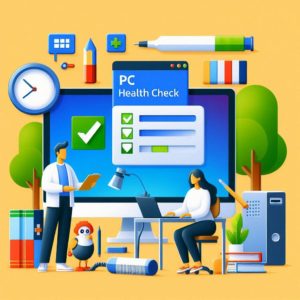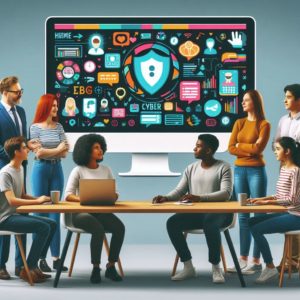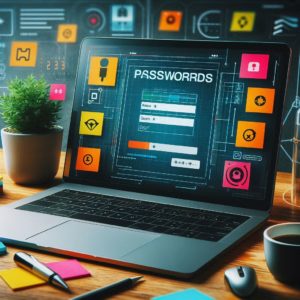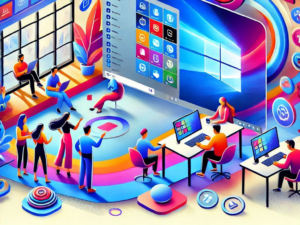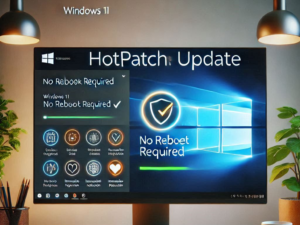Passkeys
Passkeys are a passwordless authentication method designed to enhance security and convenience. Instead of relying on traditional passwords, passkeys use cryptographic key pairs—one stored on your device and the other on the service you’re logging into. This means you can sign in using biometric authentication (like Face ID or fingerprint recognition) or a PIN, making it resistant to phishing attacks and credential theft.
Why Passkeys Are Secure
– No passwords to steal: Since passkeys don’t require typing a password, they can’t be leaked in data breaches.
– Phishing-resistant: They only work on the intended website or app, preventing attackers from tricking users into entering credentials on fake sites.
– Stored securely: The private key remains on your device, ensuring it’s not exposed to hackers.
Where You Can Use Passkeys
Many major platforms, including Google, Microsoft, Apple, and PayPal, now support passkeys. They work across devices and browsers, making them a seamless alternative to passwords.
Passkeys are built on FIDO authentication standards, meaning they provide a secure, phishing-resistant way to sign in without passwords. Here’s a deeper dive into how they work:
How Passkeys Work
– Registration: When you create a passkey, your device generates a cryptographic key pair—a private key stored securely on your device and a public key shared with the service.
– Authentication: When you log in, the server sends a cryptographic challenge to your device.
– Verification: Your device signs the challenge using the private key and sends it back, proving your identity without exposing sensitive data.

